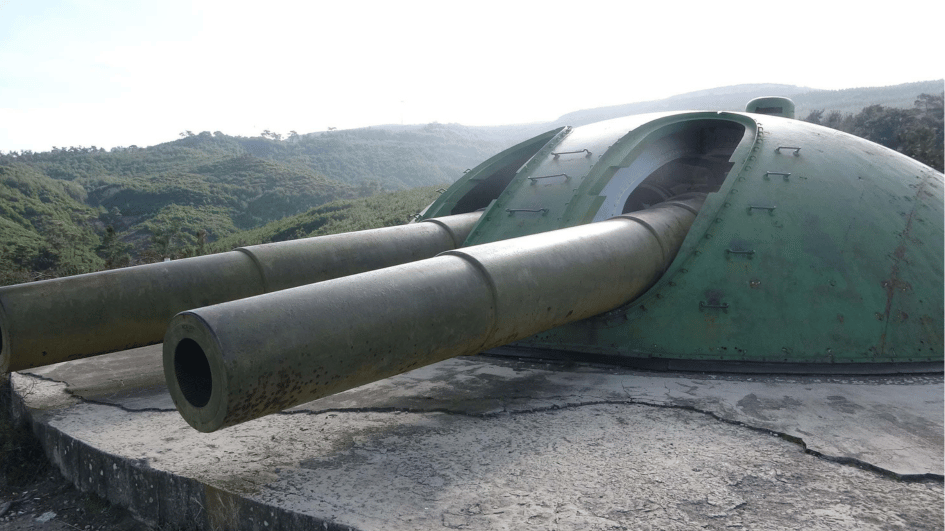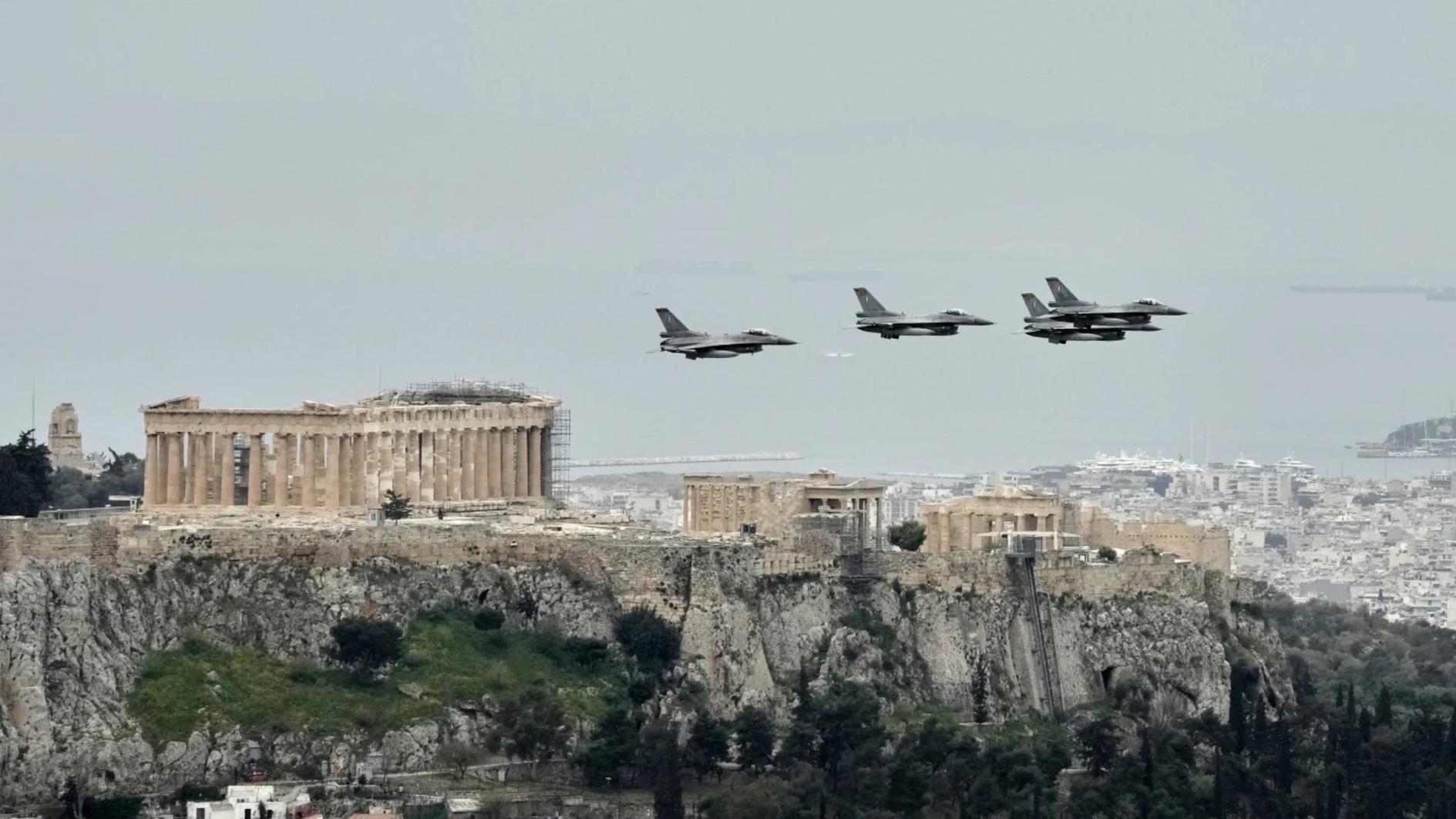Bastion from World War II abandoned
ÇANAKKALE

The cannons in the Turgut Reis Bastion, built for the defense of the Bosphorus during World War II in the northwestern province of Çanakkale, have started to rust, turning into a sad sight to behold, says a lecturer.
“There is the Law on the Protection of Cultural and Natural Assets. However, this law has a content on the protection of works that have a history of 100 years. Therefore, since the bastion was built during World War II, it is outside the scope of this law,” said Mithat Atabay from the Çanakkale Onsekiz Mart University's (ÇOMÜ) History Department.
Turgut Reis Bastion, located 10 kilometers away from the city center, was built for the defense of the Bosphorus during World War II by the Turkish military in 1938 with two cannons dismantled from the Turgut Reis Battleship, which played a critical role in the Gallipoli Front during the World War I.
Now, there are names engraved on the bastion and are covered with spray paints. Also, the bastion’s balls have started to rust.
Pointing out that the Turgut Reis Bastion is a very critical place, Atabay said, "As it is a place that can see the ships entering the Bosphorus at an angle of approximately 5 degrees, the ships cannot see the bastion there in any way. This bastion was built by the Turkish military in 1938 in an environment where the winds of World War II were blowing. It is a bastion created by placing the two guns of the Turgut Reis battleship, which joined World War II and the Balkan Wars but was no longer in the military inventory at that time. The guns in the bastion are 28 centimeters and their barrel length is 10 meters. It was built to sink enemy ships that attempted to pass through the Bosphorus."
"But later, especially after Türkiye's entry into the European Conventional Forces Treaty (CFE), some military zones were deactivated. This place was also deactivated within the framework of this agreement. But today it serves as a park open to visitors. That's why it needs to be protected and not destroyed,” he added.
Stating that the Turgut Reis Bastion could not be protected because it does not have a 100-year history, Atabay said, "The Law on the Protection of Cultural and Natural Assets takes works that have a 100-year history under protection. Since this bastion was made during World War II, it is not protected by this law. Moreover, since that region is in the countryside, it is not under any protection, especially in the winter season."
"When spring arrives, an arrangement is usually made every year, but when autumn comes, it is left to its fate again. Unfortunately, there is damage there every year during the winter season, both due to natural conditions and because they are abandoned.”
















